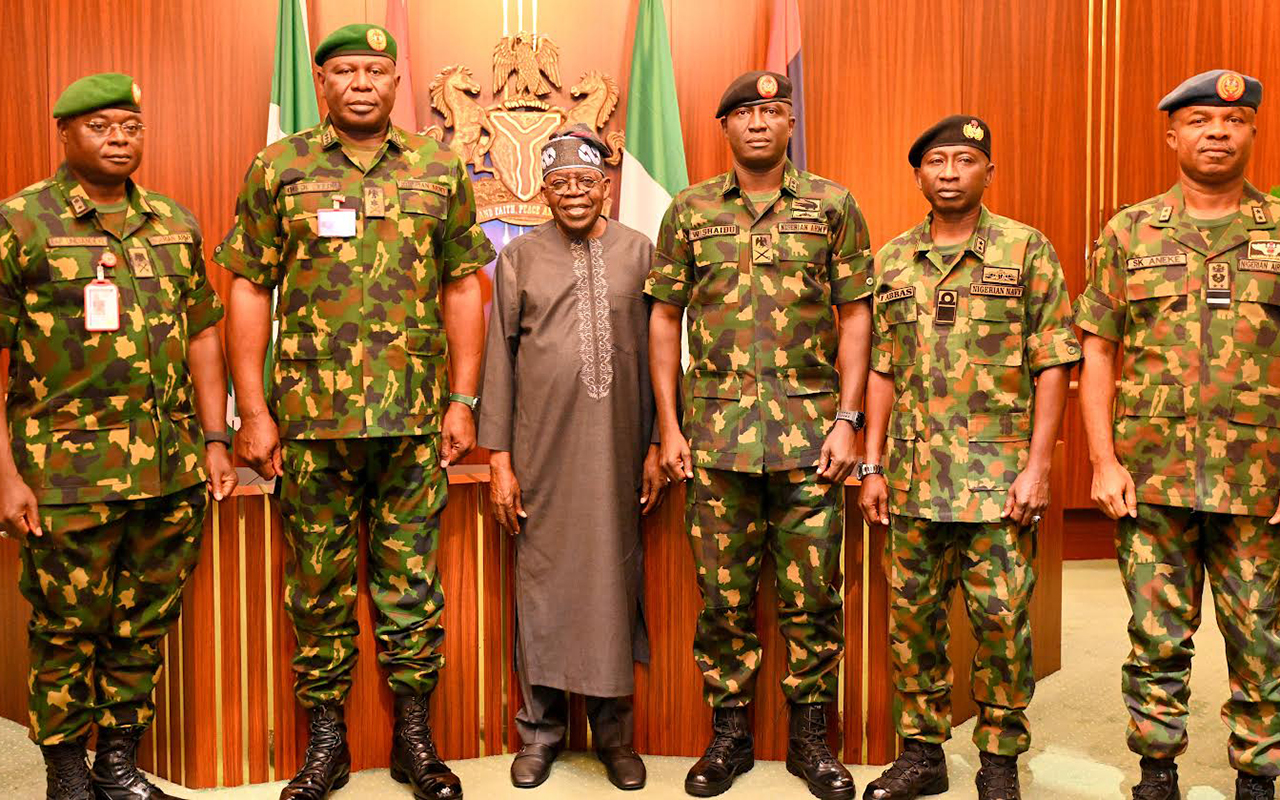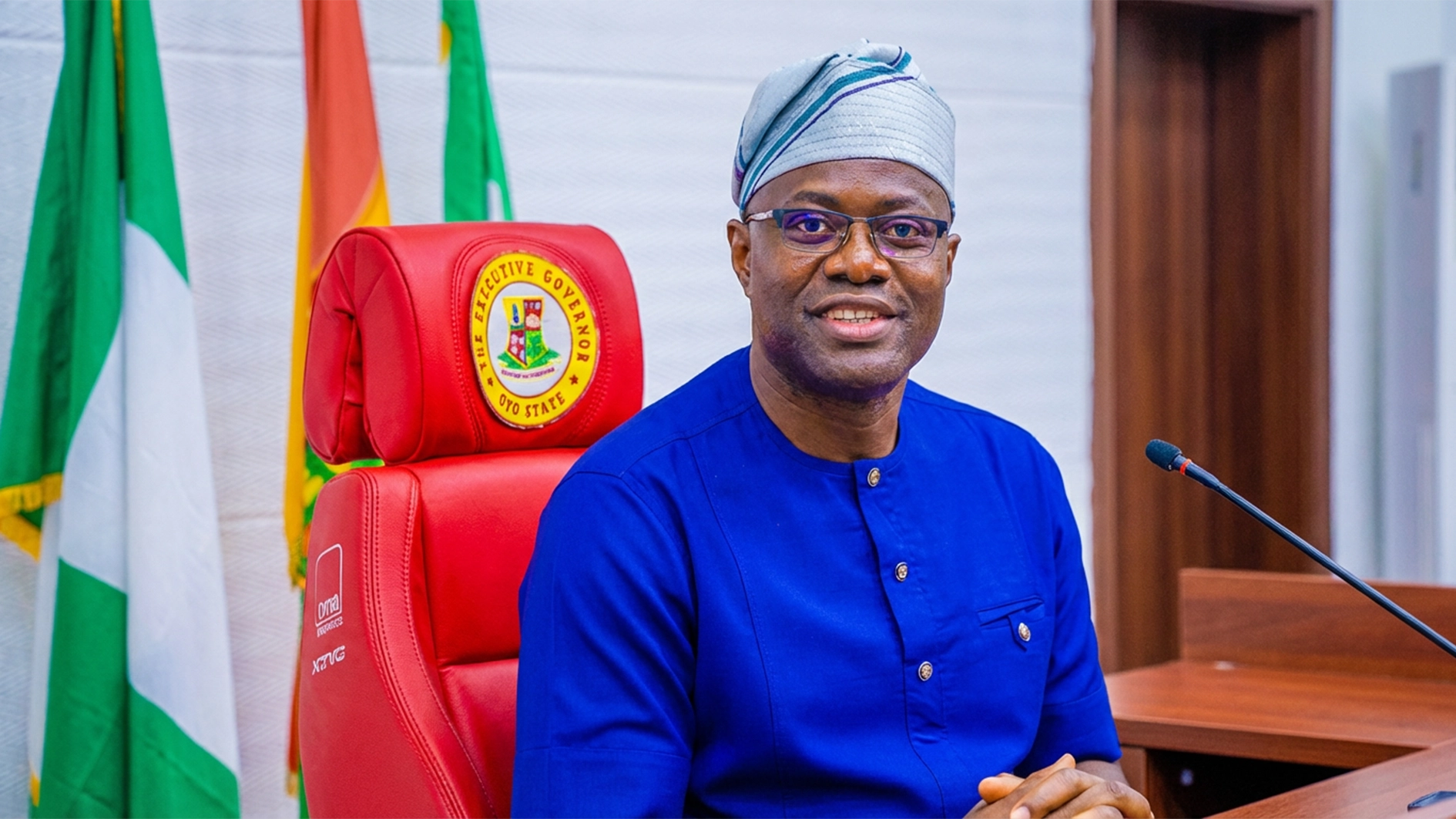The European Union (EU) has raised serious concerns over the inaccessibility of banking services for over 35,000 persons with disabilities in Nigeria.
EU representative Winfred Achu spoke at a consultative meeting and the inauguration of the disability inclusion technical working group for the implementation of the protocol to the African Charter on Human and Peoples’ Rights and the rights of persons with disabilities, as well as against discrimination towards persons, held in Abuja on Monday.
He called for urgent reforms to remove barriers limiting access to financial services.
Winfred highlighted the physical challenges many people with disabilities face when trying to access Nigerian banks, including tight and poorly designed entryways that are especially unfriendly to wheelchair users and those with mobility devices.
“You can imagine what it is like for people who are wheelchair users or even persons who use a physical device. How difficult it is just to enter a bank and complete a transaction. This is not how life should be for any human being,” she said.
Despite Nigeria having passed a disability law aimed at improving accessibility and inclusivity, Achu noted that awareness and implementation remain low, even within government agencies.
“Many are not even aware of the existence of this law, or how it should be implemented,” she added.
Nigeria is a signatory to the African Disability Protocol, but Achu stressed that signing is not enough; the country must fully domesticate and enforce the protocol’s provisions at all levels, including federal, state, and especially community levels.
The EU commended the participation of key stakeholders, including the National Human Rights Commission and the National Commission for Persons with Disabilities (NCPWD), and urged them to collaborate on practical, grassroots-level implementation.
In his welcome address, the Executive Secretary of the National Human Rights Commission (NHRC), Dr. Tony Ojukwu, SAN, emphasised the need for concrete, actionable policies and programs to combat discrimination against persons with disabilities in Nigeria.
Dr. Ojukwu welcomed representatives from Ministries, Departments, and Agencies (MDAs), Organisations of Persons with Disabilities (OPDs), development partners, and civil society organisations.
He described the gathering as a testament to the collective commitment to driving inclusive policies across all sectors.
“In our shared quest to advance disability inclusion, the NHRC, alongside the National Commission for Persons with Disabilities and other key stakeholders—with strong support from Sightsavers—advocated for the signing and ratification of the Protocol to the African Charter on Human and Peoples’ Rights on the Rights of Persons with Disabilities (ADP),” Ojukwu noted.
The event also marked the formal establishment of a Disability Inclusion Technical Working Group, a multi-stakeholder platform created to implement the ADP and other related legislation. The initiative originates from resolutions adopted at a previous workshop held in October 2024, which focused on stakeholder roles in implementing the Discrimination Against Persons with Disabilities (Prohibition) Act, 2018, and the ADP Protocol.
“This Working Group aligns with Articles 33 and 34 of the Protocol, ensuring full participation, capacity building, and the establishment of mechanisms to monitor the implementation of the ADP,” Dr. Ojukwu said.
The group will serve as a coordinating body for technical support, mainstreaming disability-inclusive policies, and strengthening institutional capacity toward full inclusivity.
Ojukwu expressed deep appreciation to Sightsavers for its unwavering support and commitment to the cause of disability inclusion, stating that its contributions have been “tremendous in this journey.”
“As we embark on this important work, let us remain committed as agents of change. Our shared vision is a society where everyone, regardless of ability, has equal opportunities to contribute and succeed,” he concluded.
Ojukwu called on all stakeholders to work together to make disability inclusion a reality, pledging NHRC’s continued commitment to promoting, protecting, and enforcing the human rights of all Nigerians.
Earlier, the Executive Secretary of the National Commission for Persons with Disabilities (NCPWD), Chief Ayuba Gufwan, noted that in other societies, the rights of people with disabilities are understood and promoted by ordinary people and the government.
He called for full implementation of the Disability (Prohibition) Act of 2018 and a more inclusive environment for the promotion, protection, and enforcement of human rights for everyone regardless of ability.






